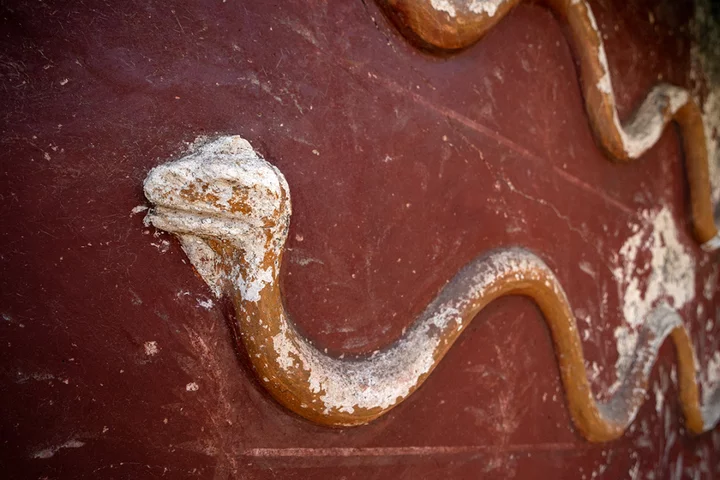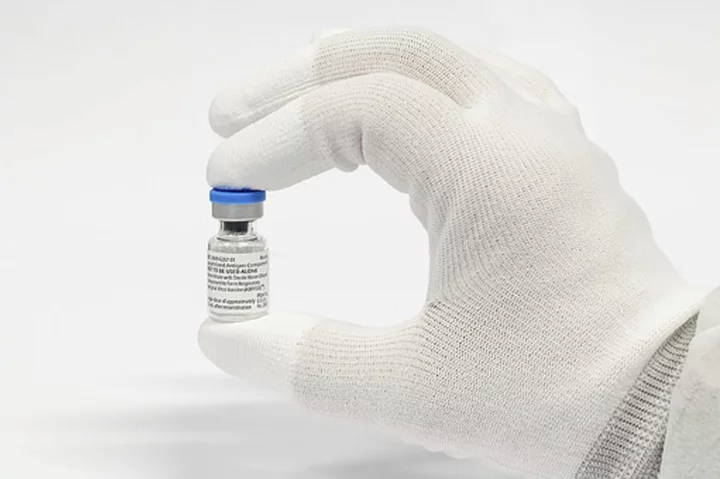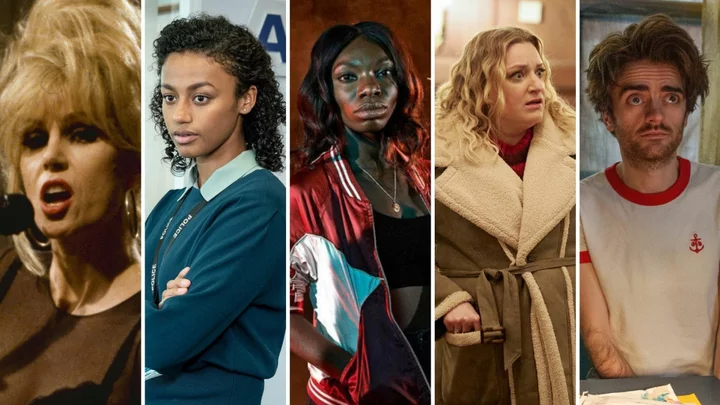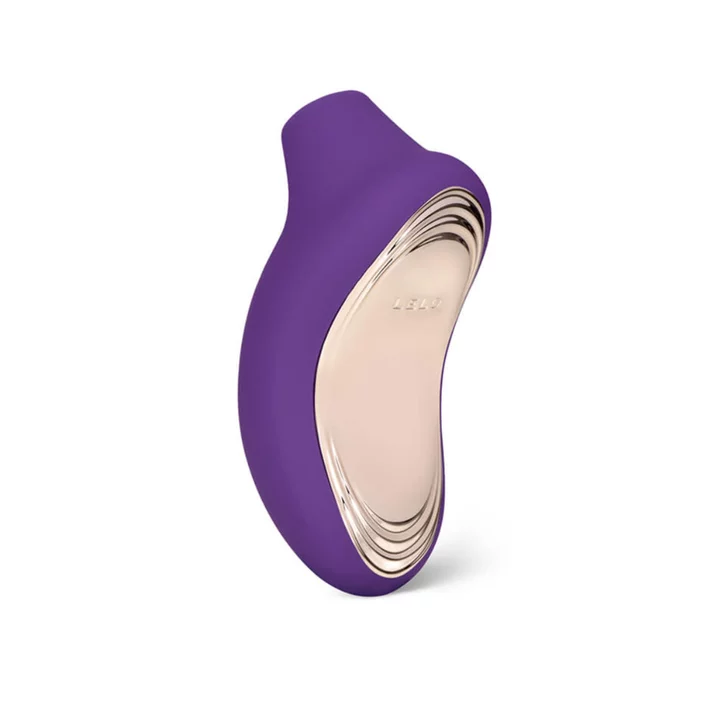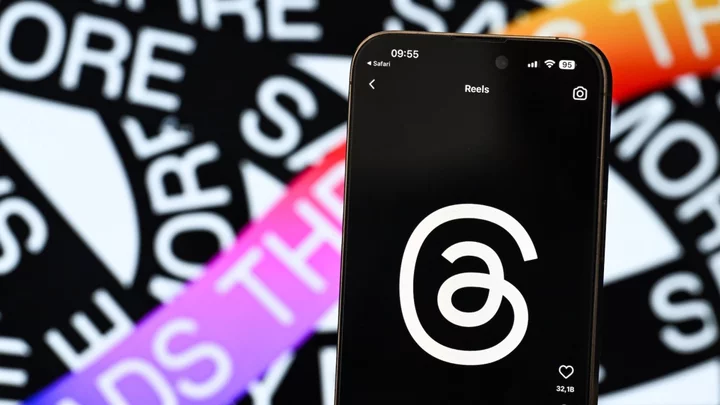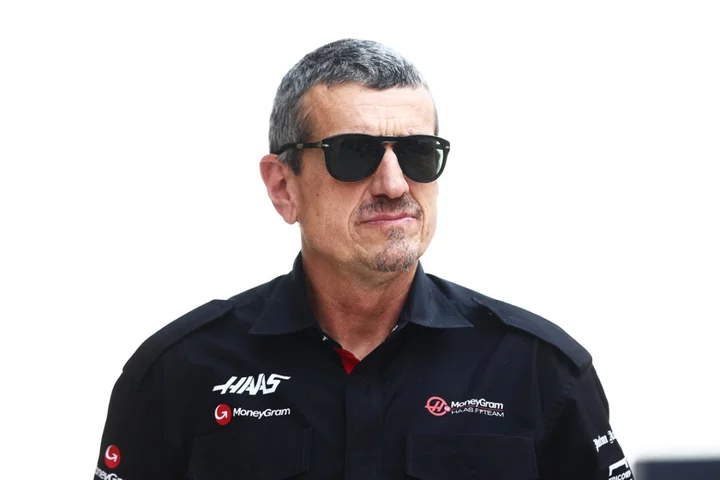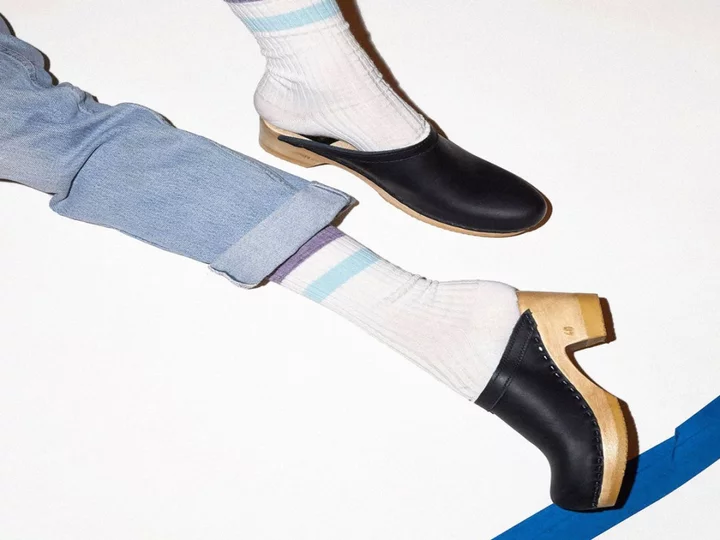A huge show of 115 works by Mark Rothko opens in Paris this week. His son says he combined a "European soul" with "the freedom of America" to become an icon of 20th-century art.
The show at the Louis Vuitton Foundation spans Rothko's entire career, from the more traditional figurative pictures to the huge rectangles of brooding colour for which he is best remembered.
Rothko's stated goal was to "raise painting to the same level as music and poetry", said his son Christopher Rothko, who helped curate the exhibition and has written a new collection of essays to coincide with it.
"My father died when I was six but we talked about music a great deal," he told AFP ahead of the opening on Wednesday.
"He spoke of Mozart, smiling with tears in his eyes, and I think it's the same effect with his paintings," he added.
Marcus Rothkovitch was born to a Jewish family in 1903 in Daugavpils, then known as Dvinsk, in modern-day Latvia -- his family emigrating 10 years later to the United States.
He discovered his vocation fairly late, in the 1930s, but his early works already capture a dark mood, full of isolated and melancholy figures.
Figurative art did not come naturally -- "he became aware of not being able to paint without mutilating it," said co-curator Suzanne Page -- and by the 1940s he was dabbling in surrealism.
- New language -
As for many artists, the horrors of World War II and the Holocaust forced him to seek out a new language in art.
And it was with the "Multiforms" of the late 1940s that his work evolved into abstract shapes -- at this stage looking like brightly coloured ink blots but with the famous rectangles lurking among them, waiting to take centre stage.
He settled into his late style in the 1950s and stuck with it until his death in 1970 -- vast ragged rectangles of incredible colour that somehow give off "a great vibration", as Page puts it.
Seventy of these works are displayed at the Louis Vuitton Foundation, which has funnelled the vast profits of the LVMH luxury brand into a series of blockbuster shows lately, most recently an unprecedented collection by Jean-Paul Basquiat and Andy Warhol.
Rothko's shifting moods are on display, from the blood-reds and maroons of the "Seagram Murals", to the near-monochrome "Blackforms", to a sudden burst of brightness after he suffered a mild aneurysm that led to warnings from his doctor.
"There's an inner glow even in the lighter paintings," said his son. "He only gives you the suggestion of the idea. You have to bring a large piece of yourself in order to communicate with him."
Years of heavy drinking and a marital breakdown took their toll. He was 66 when he took an overdose of barbiturates and slit open a wrist.
"He sought to express fundamental human emotions -- tragedy, death, ecstasy," said Page.
It is all there "if you take the time and the risk to look inside the painting and look for a very long time".
ls/er/sjw



